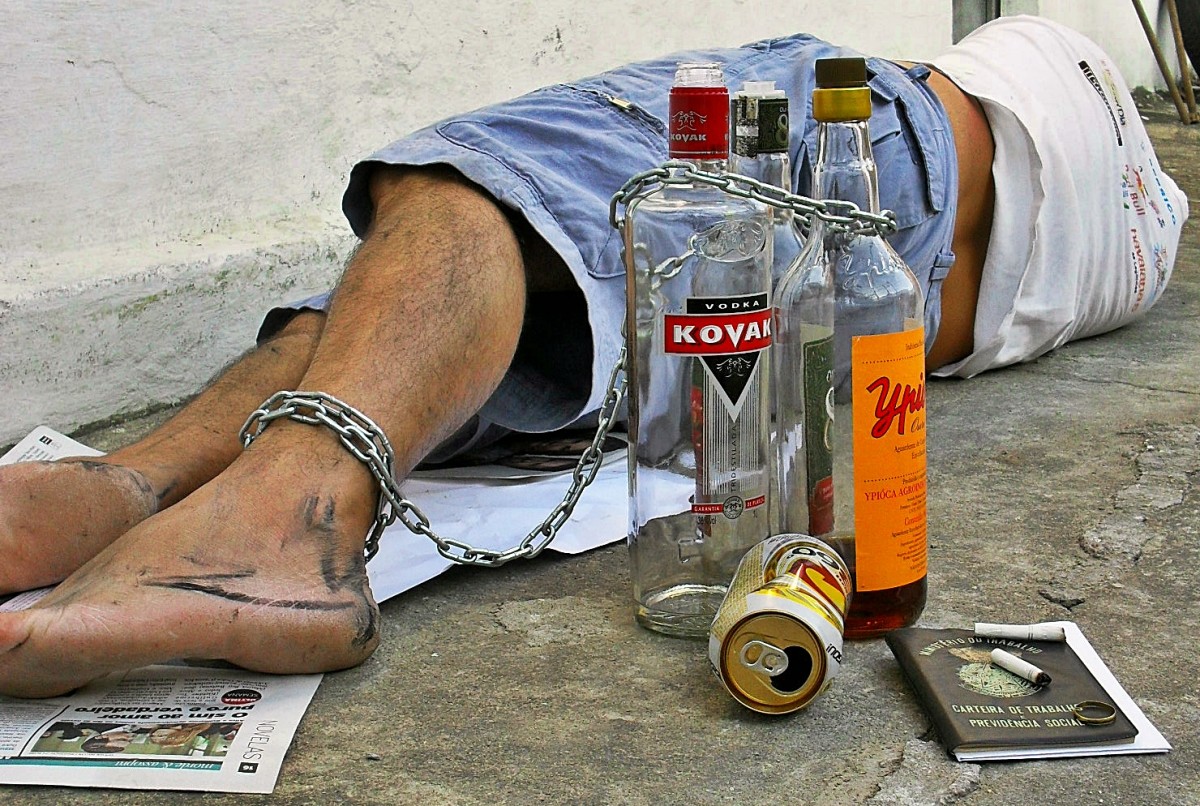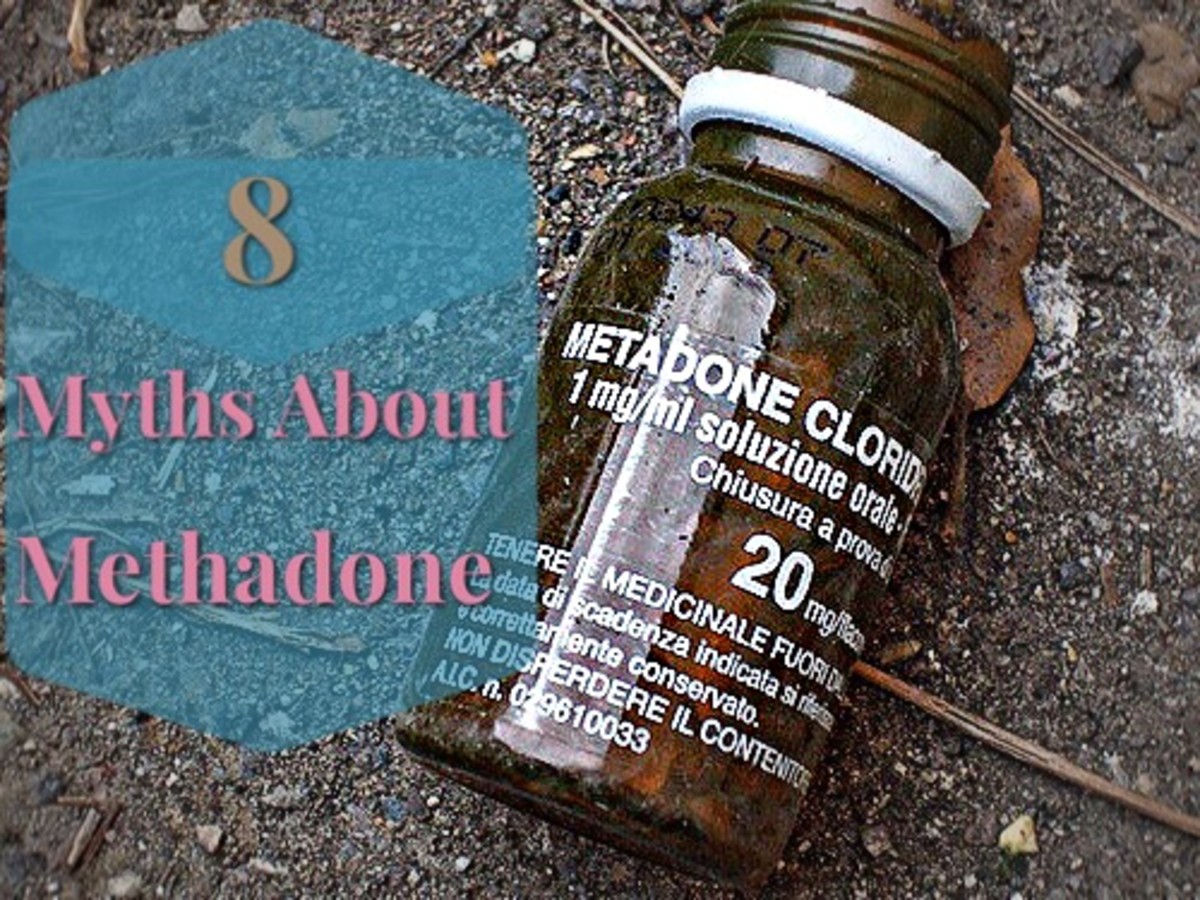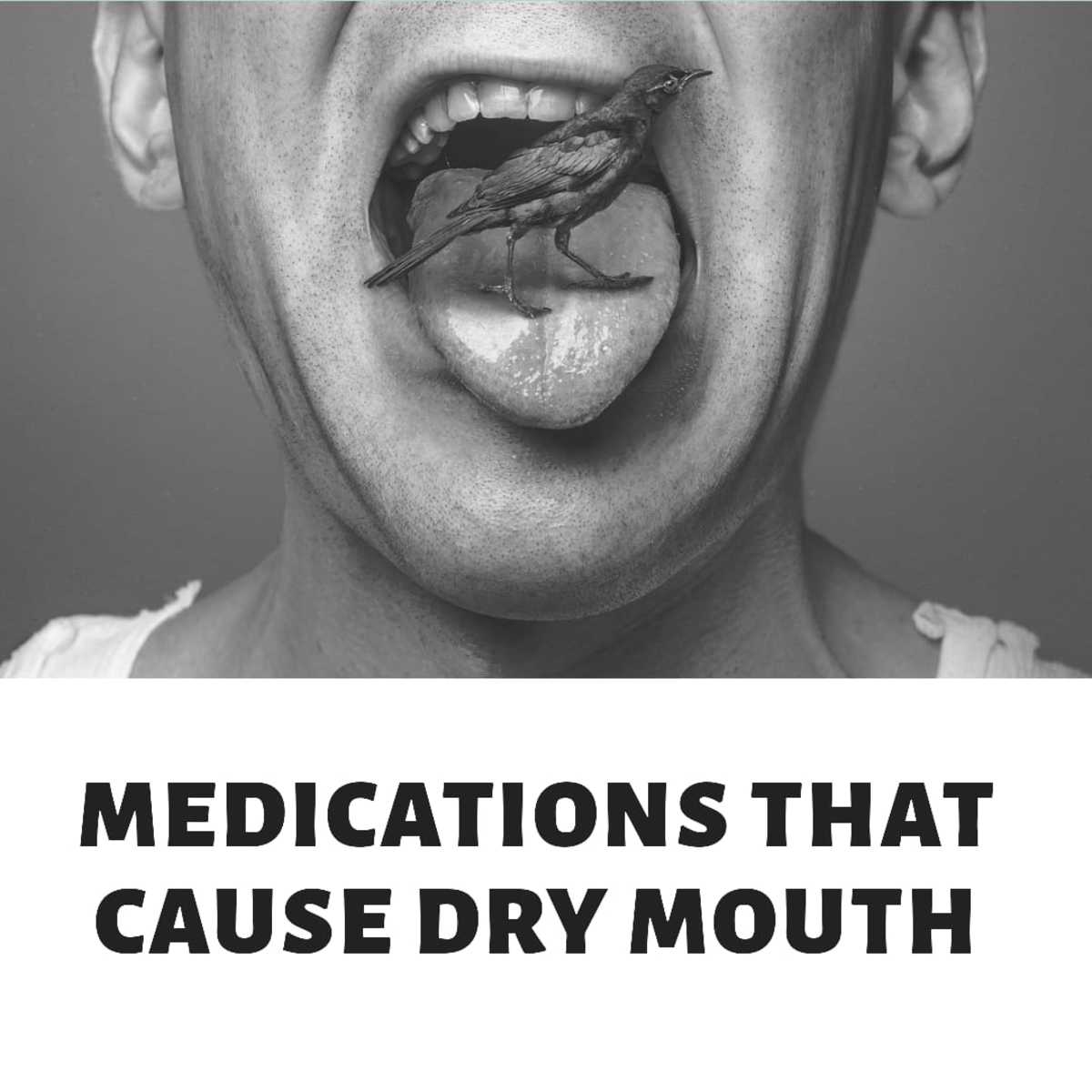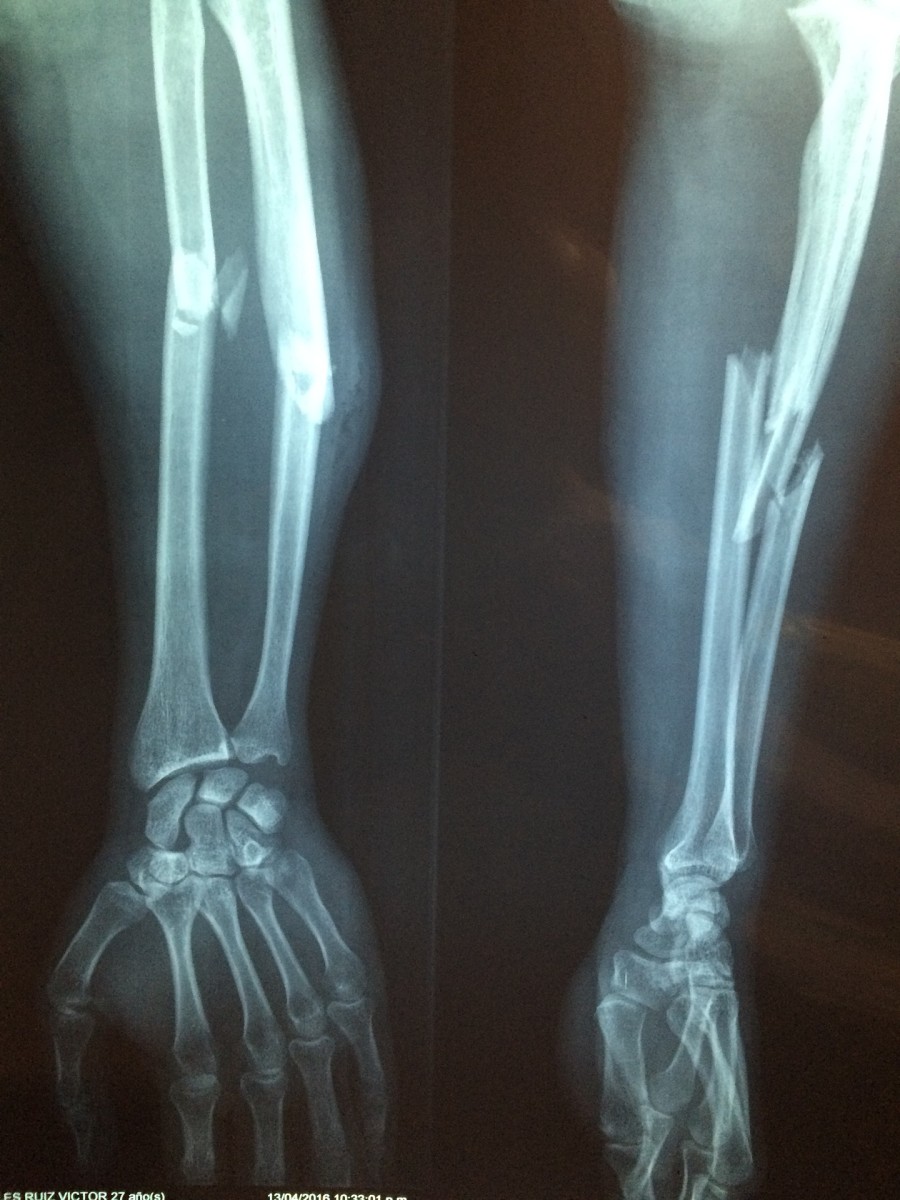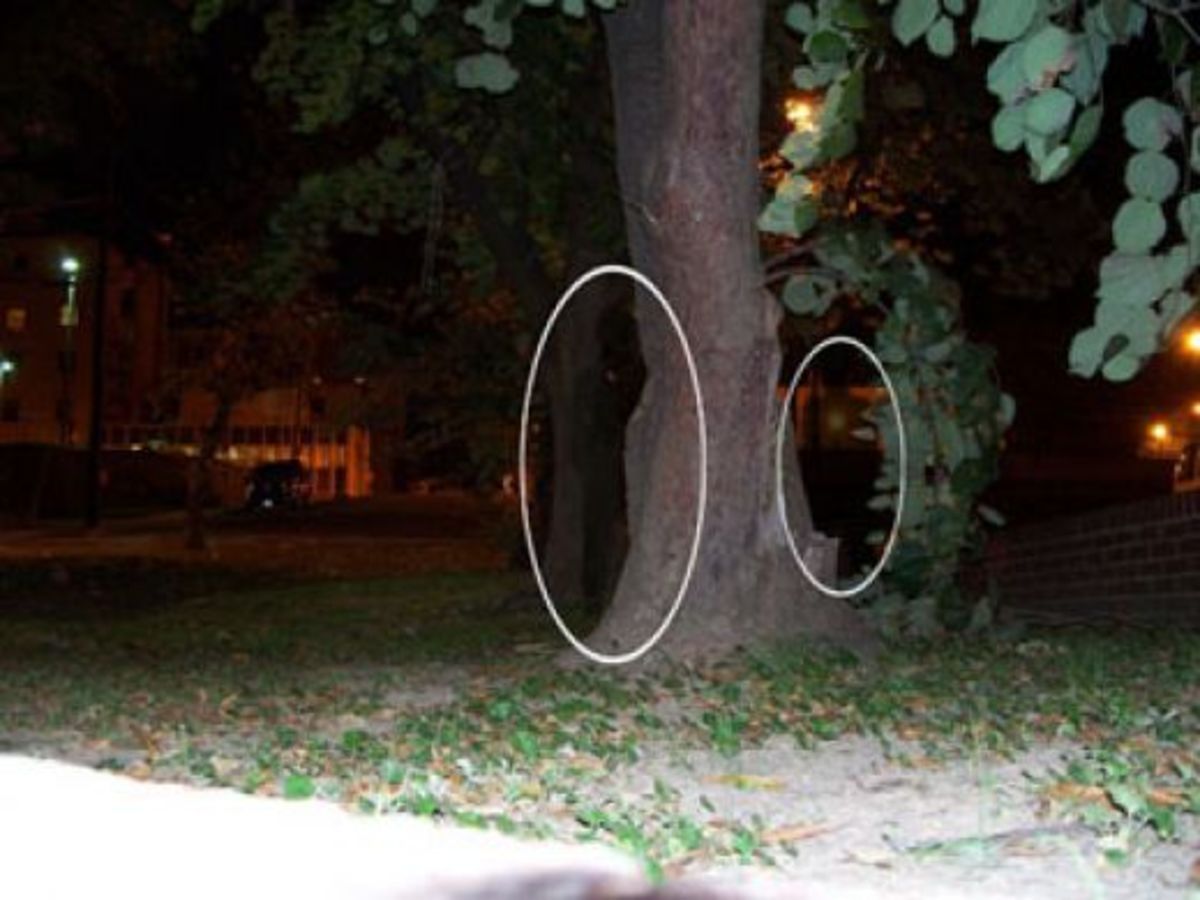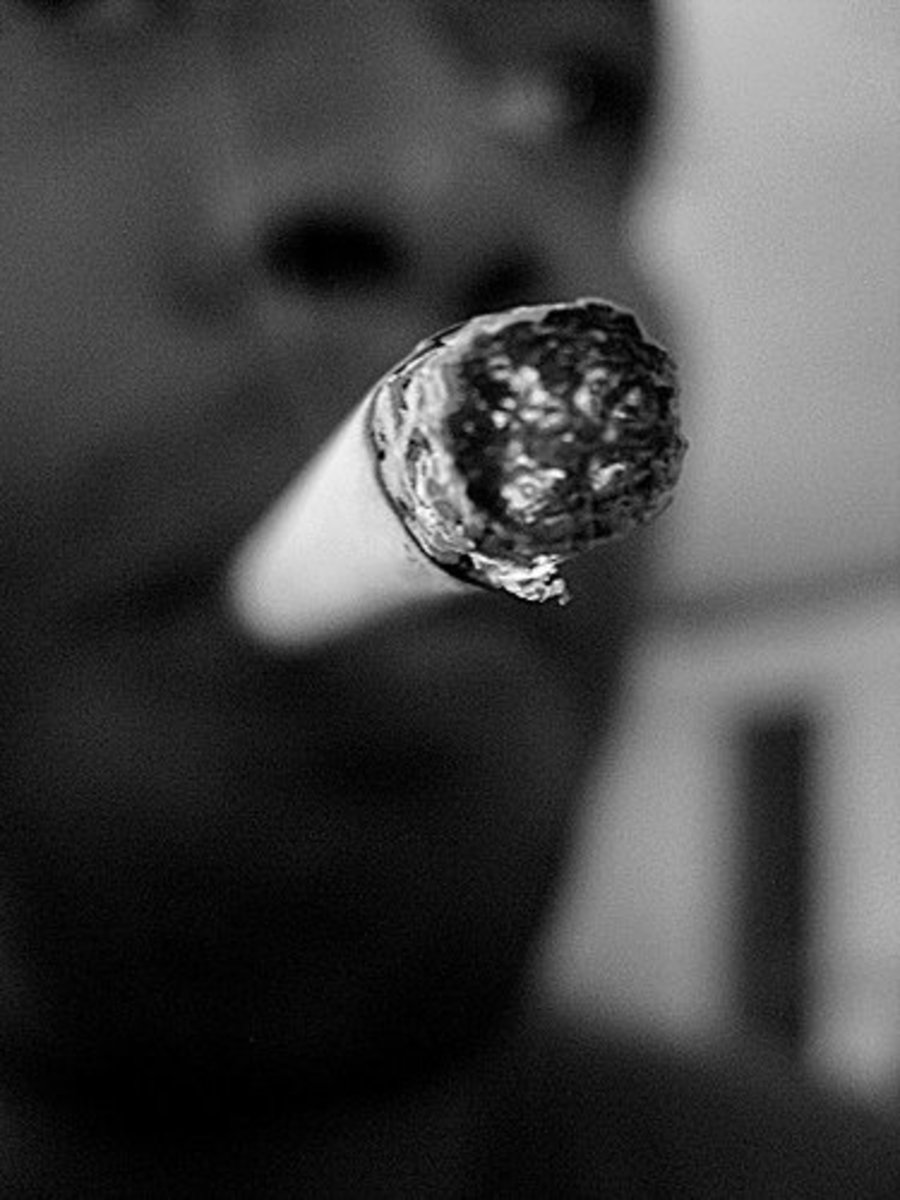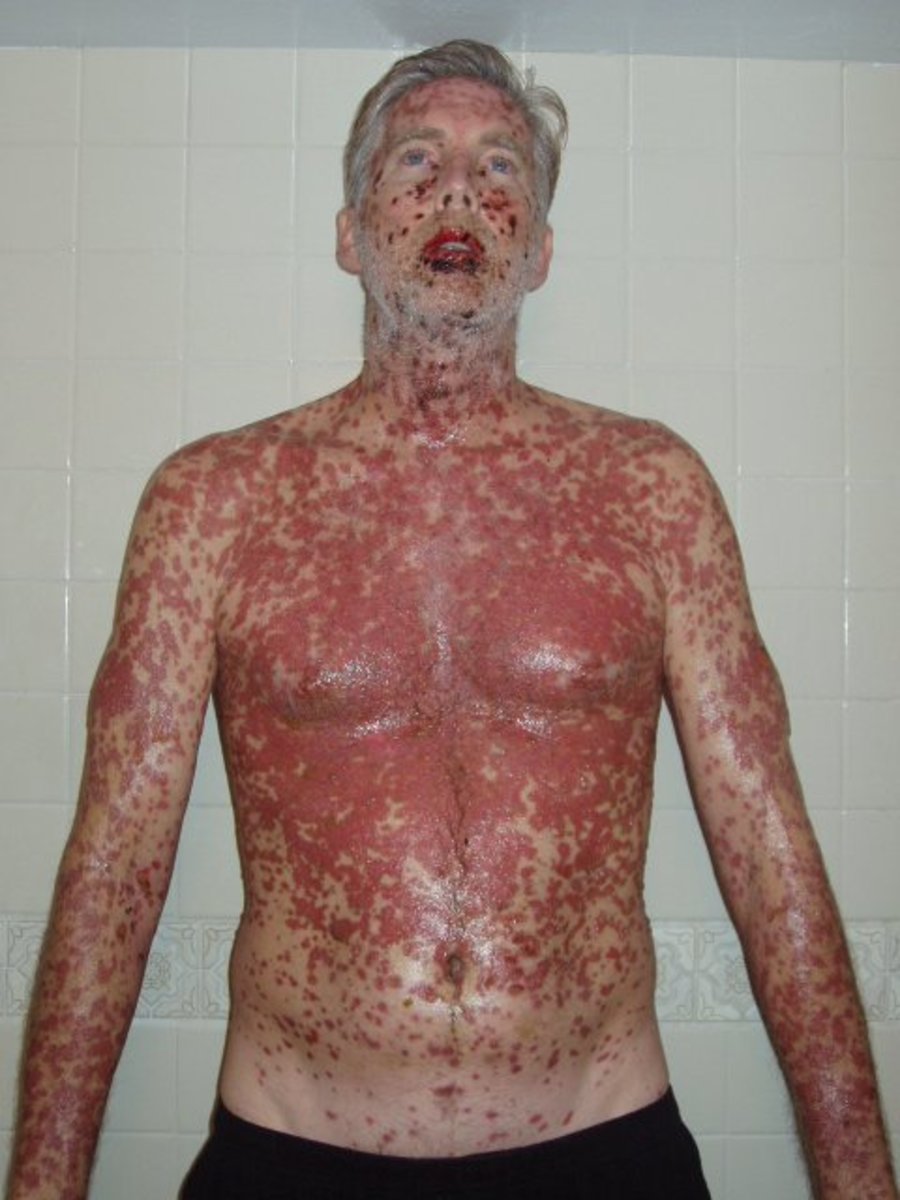Addiction - Rehabilitation or Death
Addiction
July 25, 2011
By now we've all heard that Amy Winehouse was found dead in her London apartment just this last Saturday. I, like so many of you, knew this was coming. I just didn't expect it quite so soon.
Autopsy
No matter what the coroner finds her primary cause of death will be substance abuse. Whether drugs are found in her system at autopsy or not is completely irrelevant. Her dependence ravaged her body, so no matter if the finding is heart failure, seizure, or respiratory failure the root cause of her death will be drug abuse. She died as a direct result of years of abuse.
She is yet another in a long line of people who have died because they could not bring themselves to say a simple "no." The reasons "no" cannot be attained aren't clear. This article will explore possible reasons.
A Tough Topic
This is a tough thing for me to write about. It's a "chicken vs egg" line of reasoning. Once an addiction takes hold it is self-perpetuating. But there is always a reason why an addiction starts. And most addictions are not detected until it is far "too late."
I know of no case where a person knew the precise moment they had crossed the line from independence to substance dependence and stopped.
Who is to Blame?
Certainly not her family.
Both her mother and father made no secret of Amy's demons. In their own way they had taken the problem to a new level. Clearly both had done what they could to get Amy the help she needed privately. When that didn't work they turned to the public for help. As early as 2007 her mother Janis said she expected Amy to die and that it was "only a matter of time." Mitch Winehouse, her father, that same year expressed concern over Amy's addictions.
By going public they were asking for assistance from anyone who cared. But fellow addicts don't see a problem and someone supplied Amy with the drugs she craved anyway.

It Starts with Pain
There is always some sort of pain involved with addiction. The pain can be physical pain or emotional pain. The object of drug use is the alleviation of that pain.
Emotional or Physical Pain
In the case of opiates it may be the relief of physical pain. In the case of opiates or other drugs the object may be to reach a mental state that so dulls reason and memory that the emotional pain is blanketed or dulled.
My Viewpoint is Skewed
I'll be honest here. Reasoning ability is paramount to me. I don't understand the need to so dull my senses that my brain stops functioning properly.
I deal with physical pain by ignoring it.
I deal with emotional pain by keeping myself busy; extremely busy if need be.
I take either of these actions because clear reason is so important to me that I refuse to do anything that might stunt or hinder my ability to think. In short, it "pains" me to lose any of my mental facilities.
Because of this I am at a distinct disadvantage in understanding the root cause of addiction. I simply cannot imagine a set of circumstances that would cause me to dull my brain. And I do have some experience with this. In my teens I experimented extensively and discovered that I don't like drugs. Marijuana was the only one I found remotely acceptable, but even it has drawbacks that I could not embrace.
I have an imagination though and I can "dream of" conditions or circumstances that might lead to drug dependence.
The Persistence of....
An ever present physical source of pain could certainly lead one to the addiction to opiates. I can clearly see this happening. I have my own persistent pain; as stated above I choose to ignore it. Occasionally I'll take aspirin for it, but that is all.
Mental pain is another factor. Loss of love is certainly painful, but I think there's another factor in this. The inability to forget the loss and the pain associated with that persistent memory drives the need to dull all feeling.
There is always a root cause to addiction, but addiction is not the beginning of the problem, addiction is the result not the cause.
The Insidious Disease
There's an insidious factor to addiction. Once established it is self-perpetuating.
Few things that relive pain cause their own pain, but that is the hallmark of addiction. Drug addiction is self perpetuating because coming off of the drugs is painful. Addicts would rather have dulled senses than feel pain, especially the pain of withdrawal.
I have no doubt that addiction is a disease and that treating it as such is the most successful way of dealing with it. But dealing with addiction has its own problems. Addiction cannot be stopped unless the addict truly wants to stop and often that is just simply not the case.
Kicking an addiction is also a long drawn out process. One that takes years, not weeks or months.
Brain Dysfunction
Drug abuse causes brain dysfunction and brain dysfunction makes treatment very difficult.
This is yet another factor. The addictive substance can cause so severe a dysfunction that the thinking processes of the addict prevent clear reasoning ability. A clean and sober period is required just so the addict can think clearly enough to make a reasoned decision regarding their addiction. In other words an addict must be brought to sobriety with or without their permission before any clear reasoning can be expected of them.
Since "personal responsibility" has such a high premium placed upon it in our society the addict will almost certainly have to have a near death experience just to consider rehabilitation. And the drugs themselves make this line of reasoning iffy and fleeting at best.
The root word for heroin is "hero." Getting another "hit" of this drug will not only alleviate the pain of withdrawal it will also warp the thinking of the addict giving them an unearned sense of invincibility.
To their way of thinking the near death experience will not happen again because the last one was a fluke. The addict knows what he or she is doing (by their "reasoning") and it is unlikely to happen again or so the thought process goes.
Dr. Drew Pinsky
"It's very simple; addiction is fatal!
"I don't care what the specific cause of the death was, she has a fatal condition and if it was secondary or primary it's all the natural history of opiate addiction.
And ... when an opiate addict goes into treatment opiate addiction takes months to years to treat. And one of the most serious risks, in my experience, to that recovery for celebrities, and particularly musicians is they return to their career, they return to the road, far too prematurely.
"And it's absoltuely predictable what will happen."
...
"The crazy thing about addiction is part of the disease is a disturbance of thinking. Where the addicts themselves convinces themselves they don't need to listen to or do what they are being told to do. And if they simply do the recovery process on a daily basis, just simply do it, they'll be fine just the way a diabetic is fine if they take their insulin three times a day. But just as with the diabetic, if they don't take their insulin, the addict doesn't do their recovery program, they inevitably, in all cases, will relapse and when it's opiate addiction, it's a progression to fatality."
Rehabilitation
Voluntary
When an addiction has gotten to the stage that a court intercedes and orders rehabilitation you can be certain of one immutable fact. The addiction is so severe that loss of life is immanent.
Ms. Winehouse went into rehabilitation three times. Each time but the last she checked herself out within a week. Clearly this was "against medical advice."
This simply will not work. There is no such thing as successful "outpatient" rehabilitation. In fact, according to Dr. Drew Pinsky, complete recovery from addiction takes many months to possibly years.
Enforced
The thing that no patient in the western world can expect is a strictly enforced period of rehabilitation. Self-determination has now been codified as law and anyone, regardless of who they are, can call a premature end to rehabilitation at any time simply by releasing themselves against medical advice.
Ms. Winehouse did this two of the three times she went into rehabilitation. We don't know, at this stage, if the third time "took," but I suspect it did not.
Hiding in Plain Sight
An addict, a true addict, can stand right before you and acquire and ingest drugs and you'll never know it. A true addict has gotten "use" and "abuse" down to a fine science. They can hide the drugs from you, hide their use from you, and remain intoxicated indefinitely. Unless you are watching the addict with an unblinking eye, twenty four hours a day seven days a week, you can never be sure they have not been resupplied somehow.
Only a full body cavity search would likely reveal that an addict is "holding" or "using."
This makes any chance of rehabilitation an iffy proposition under the best circumstances. It is simply too easy to backslide and fall right back into the cycle of drug abuse and addiction.
Russell Brand
"Now Amy Winehouse is dead, like many others whose unnecessary deaths have been retrospectively romanticised, at 27 years old.
"Whether this tragedy was preventable or not is now irrelevant. It is not preventable today. We have lost a beautiful and talented woman to this disease. Not all addicts have Amy’s incredible talent. Or Kurt’s or Jimi’s or Janis’s, some people just get the affliction.
"All we can do is adapt the way we view this condition, not as a crime or a romantic affectation but as a disease that will kill. We need to review the way society treats addicts, not as criminals but as sick people in need of care. We need to look at the way our government funds rehabilitation. It is cheaper to rehabilitate an addict than to send them to prison, so criminalisation doesn’t even make economic sense.
"Not all of us know someone with the incredible talent that Amy had but we all know drunks and junkies and they all need help and the help is out there. All they have to do is pick up the phone and make the call. Or not..."
It's a Disease
Addiction is a disease, but we have not treated it as such. All disease has a root cause, but no one has really addressed the root cause of addiction. We are so wrapped up in "treatment" or "prevention" that the underlying cause has not even been considered.
As with any disease we must understand the "infectious agent" before we can hope to effect some form of prevention or adequate treatment. No one talks about this.
We are trying to treat the effect of the disease not the cause. The cause itself has not been given any consideration at all and there must be a cause.
Treatment is Lacking
No matter what the treatment it is not going to be effective if the patient can simply walk away from it at will. This is particularly true of any condition that so warps the thinking of the afflicted that reason no longer exists. One who has lost his or her reason cannot be realistically expected to make rational decisions about their own welfare.
A Modest Proposal
In cases of addiction and treatment the ability to release oneself from care should not exist.
Yes, I know this was determined both by congress and then sitting president Regan to be "the right thing to do," but we have all paid and continue to pay a very high price.
We have a drug war that will never be won the way it is currently being waged. This makes a substantial portion of our nation a perpetual battlefield. Billions have been spent in this battle and it continues to be fought with no end in sight. It won't end either, certainly not the way the war is waged today.
Some of the "victims" of this scourge aren't in their right minds and never will be. They suffer from mental health issues; they cannot nor should they be expected to make rational decisions regarding their own care. But because they are mentally ill they are also not criminals.
Prison is not a good place of these people either. Prison simply sequesters these people without really treating the problem. Eventually they will be released. Prison is simply a means of putting the problem in hibernation. it will resurface as soon as the prisoner is released.
Enforced Rehabilitation
When it comes to addiction, self determination is questionable at best. So my proposal is to revisit and revise the laws that enable an addict to release themselves prematurely. In cases of self harm (or harm to others) the "right to self determination" should be suspended until a board of qualified medical personnel can make a reasoned determination.
After all, if someone is "not in their right mind" it is silly to presume that they have the mental faculties to release themselves from care.

